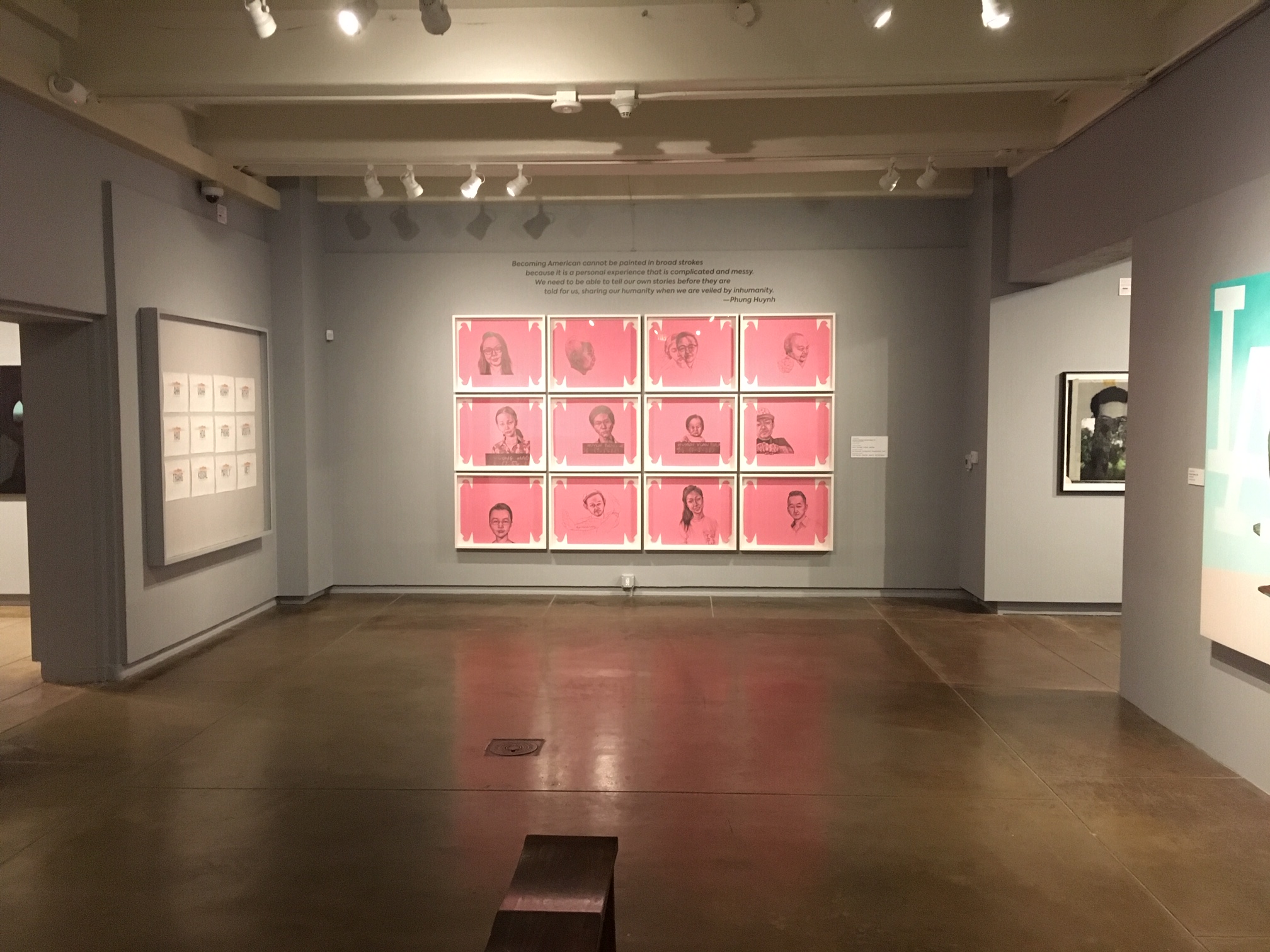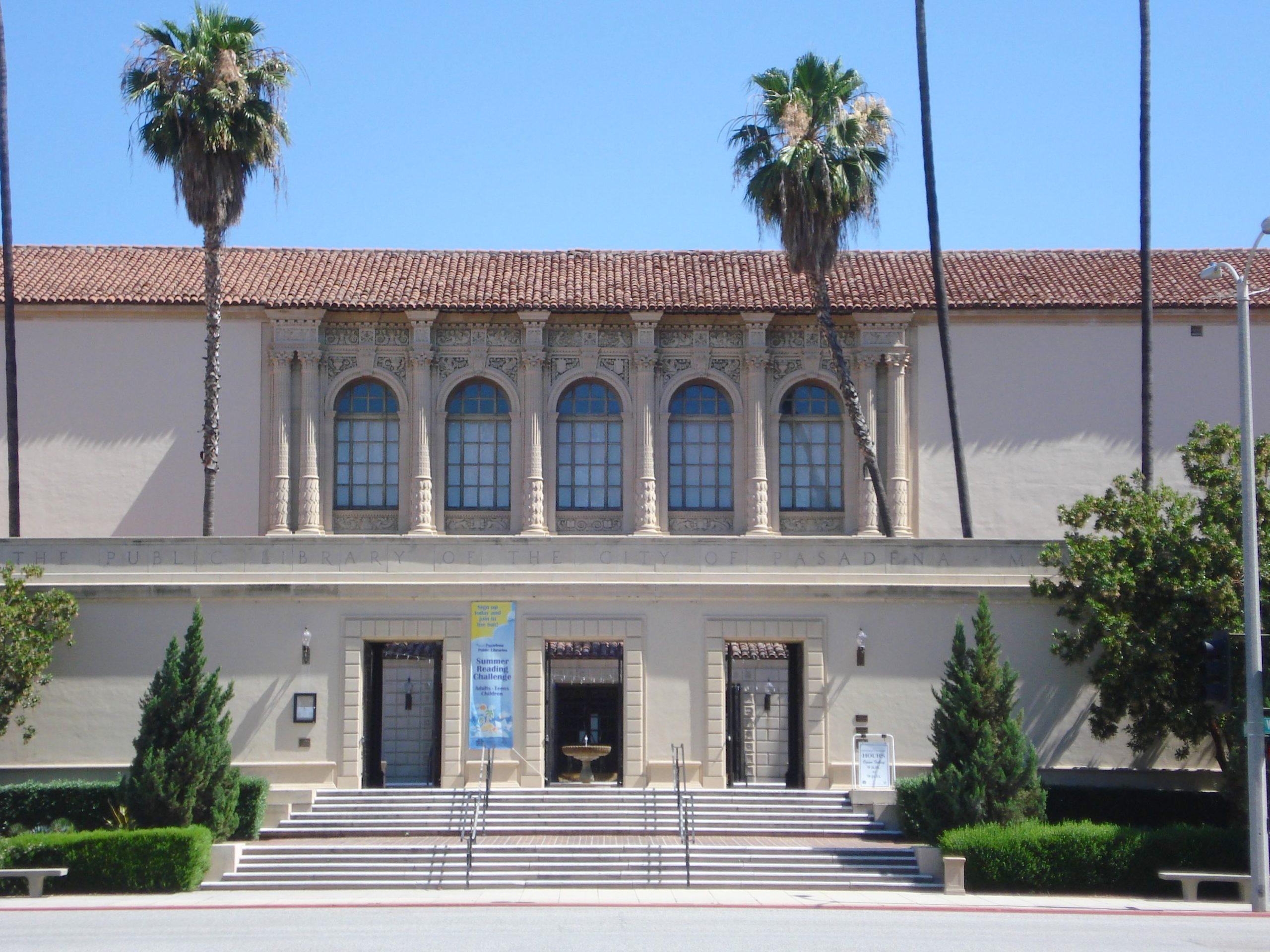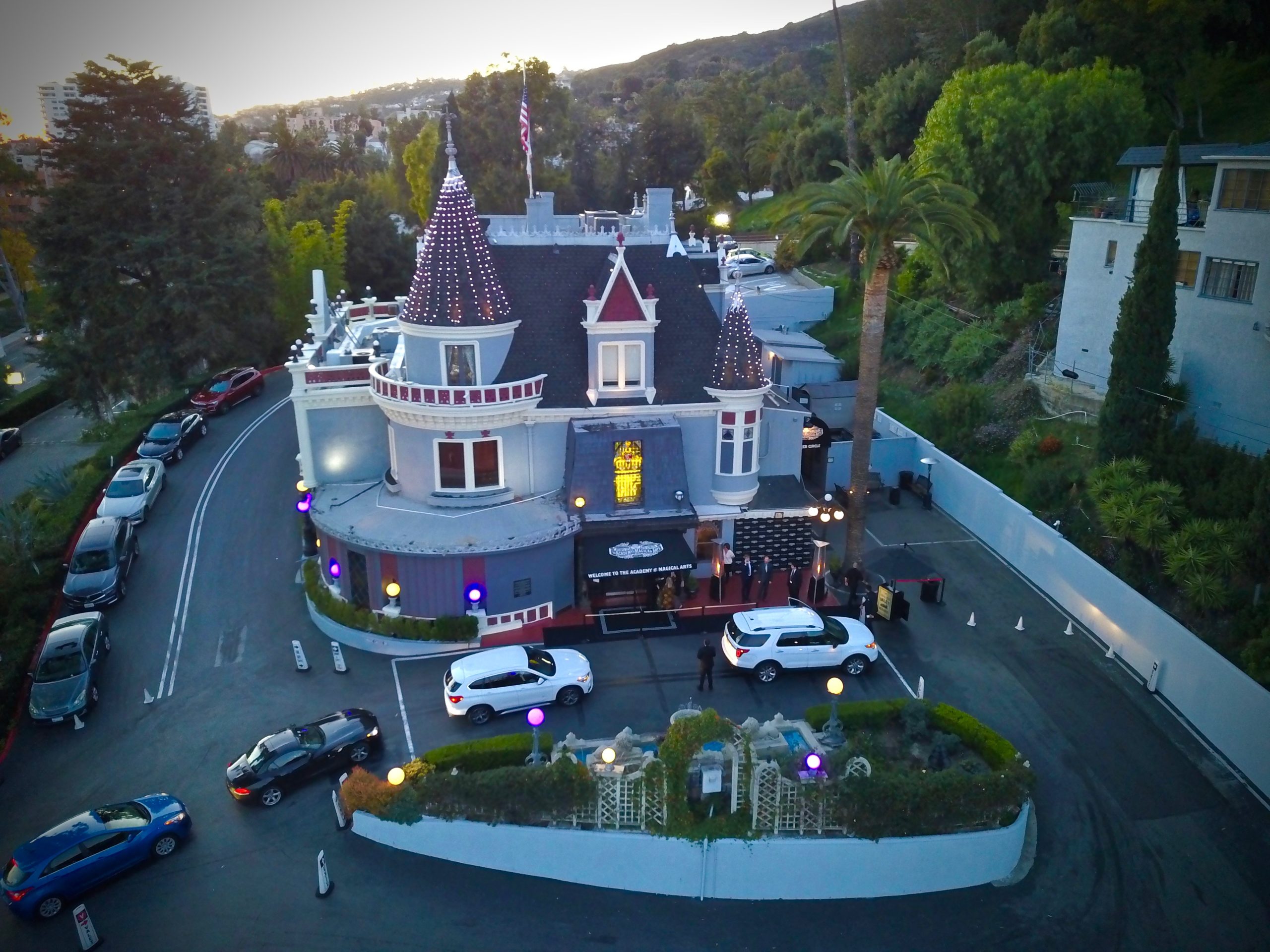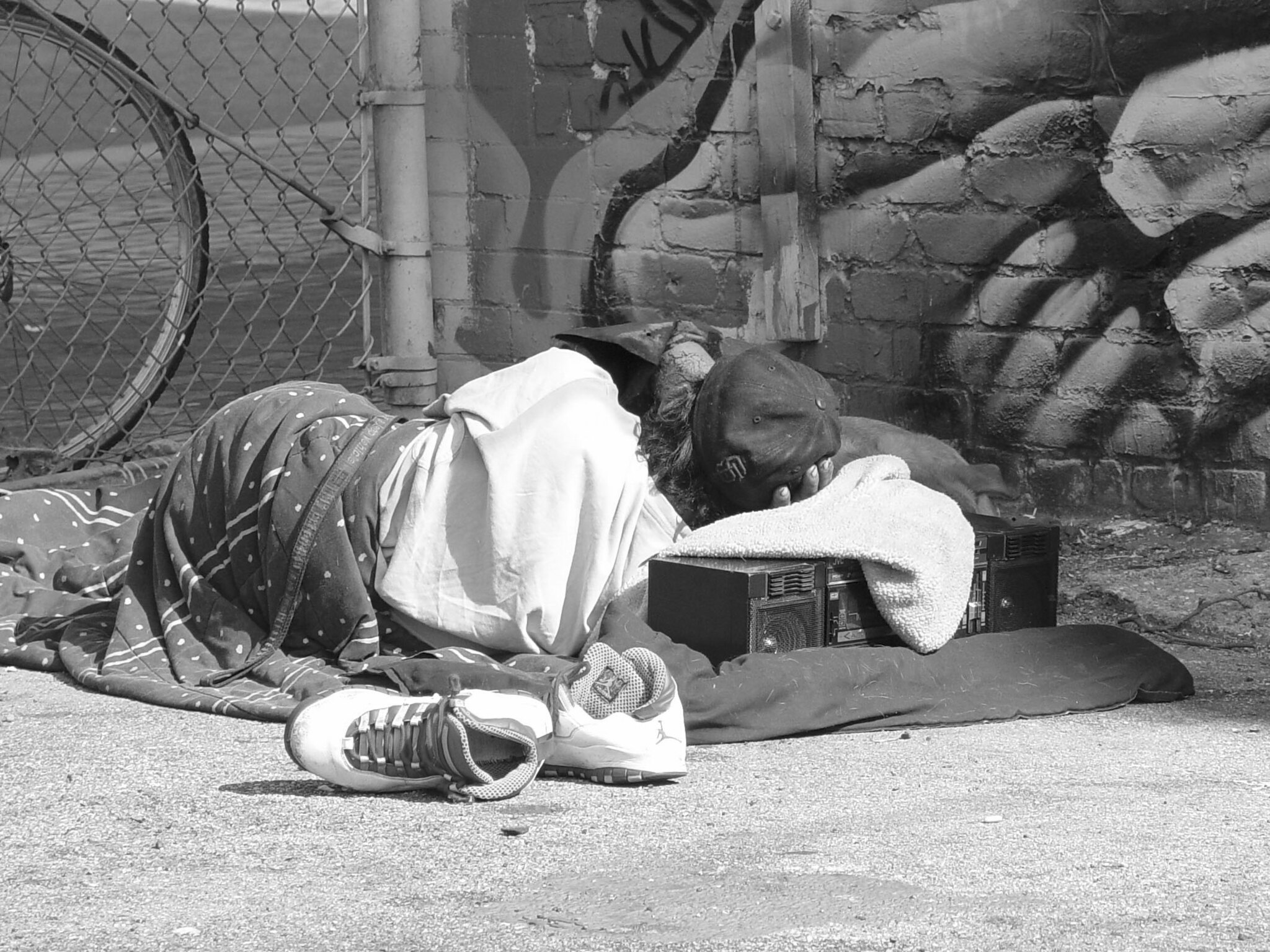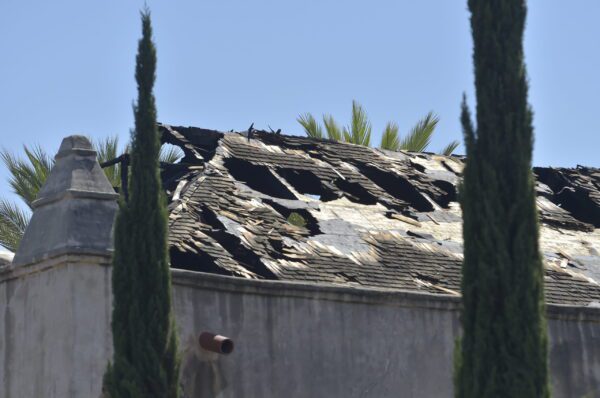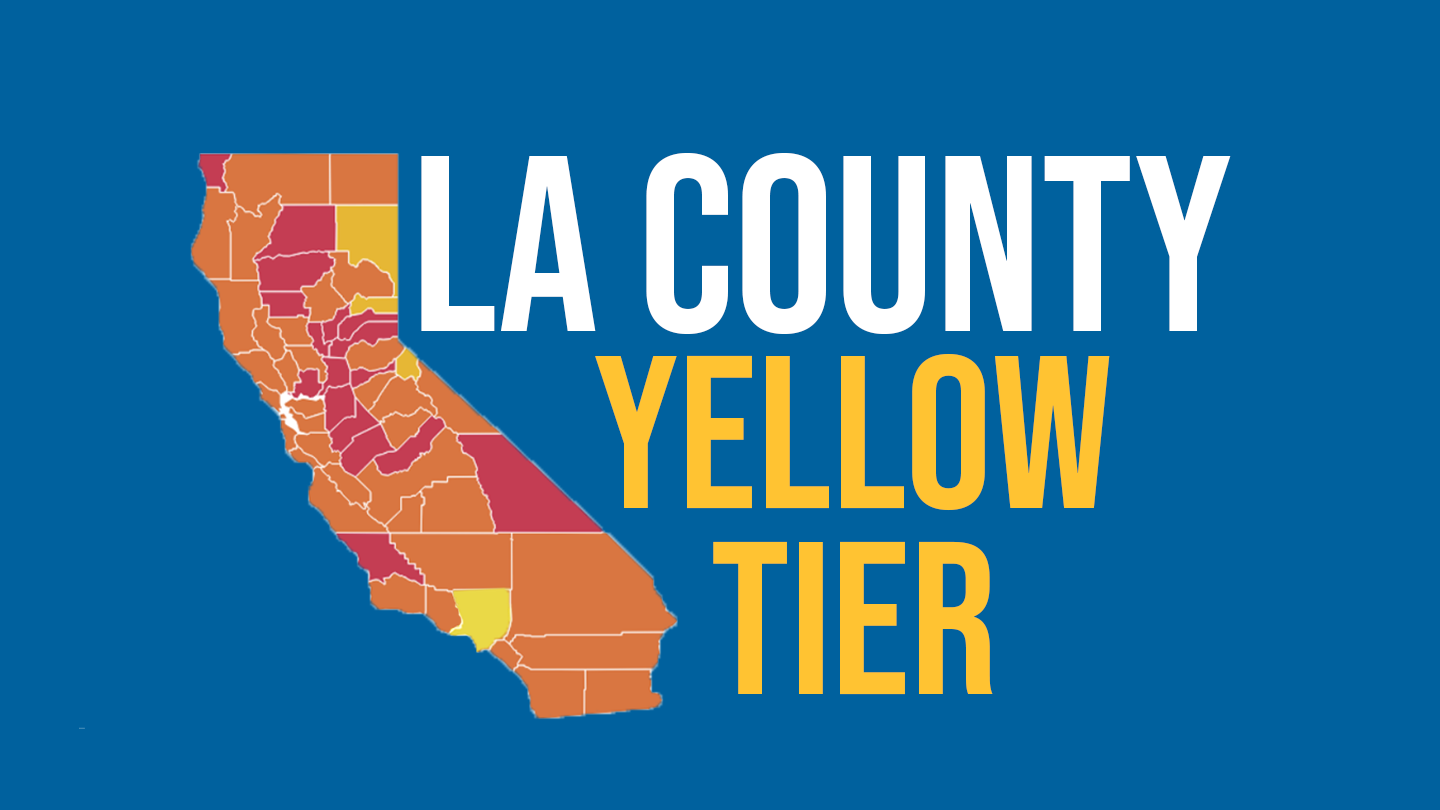The intersection of First and Judge John Aiso streets in Little Tokyo will be dedicated today as Rose Ochi Square, honoring the pioneering Japanese American civic and civil rights leader.
Ochi’s widower, Tom Ochi, and lobbyist Darlene Kuba, who requested the intersection be dedicated in Ochi’s honor, will join City Councilman Kevin de León, who introduced the motion dedicating the square, in speaking at the 3:30 p.m. ceremony.
Ochi was born in Boyle Heights on Dec. 15, 1938. When she was 3 years old, she and her family were sent to the Santa Anita Detention Center following President Franklin D. Roosevelt’s executive order authorizing the incarceration of more than 120,000 people of Japanese descent.
They lived at Santa Anita for six months before being sent to the Rohwer camp in Arkansas.
Her family returned to Los Angeles after the war. Ochi graduated from UCLA in 1959 and became a secondary school teacher.
The civil rights efforts of the 1960s inspired Ochi to go to law school to put herself in a position to make a greater impact on the underserved.
After graduating from Loyola Law School in 1972, she accepted a Reginald Heber Fellowship at USC’s Western Center on Law and Poverty, where she was co-counsel on the landmark 1970s case, Serrano vs. Priest, which forced California to adopt a more equitable education funding system.
The case led to Ochi pursuing a career in public policy and advocacy.
Ochi joined Mayor Tom Bradley’s administration as director of the city’s Criminal Justice Office, developing the Los Angeles Police Department’s Use of Force Policy and advising Bradley on the Blake consent decree, which resulted increasing the hiring of women and officers of color by the LAPD.
Ochi played pivotal roles in the efforts to win passage of the Civil Liberties Act of 1988, which provided monetary payments to internment camp survivors, and have the Manzanar camp in the Owens Valley declared as a national historic site.
On the federal level, Ochi was a member of the Commission on Immigration and Refugee Policy in the Carter administration and associate director of the Office of National Drug Control Policy and an assistant U.S. attorney general in the Clinton administration.
She was a member of the Los Angeles Police Commission from Aug. 15, 2001, to June 30, 2005, then the first executive director of the California Forensic Science Institute located at Cal State University Los Angeles.
Ochi was both the first Asian American woman to be an assistant U.S. attorney general and Los Angeles Police Commission member.
She died on Dec. 13, two days before what would have been her 82nd birthday.


